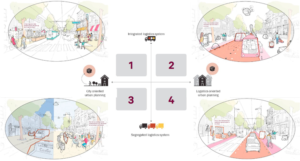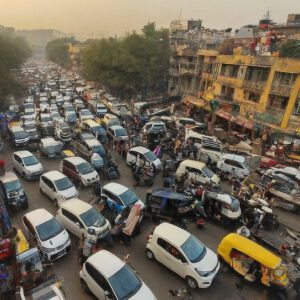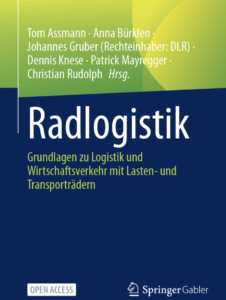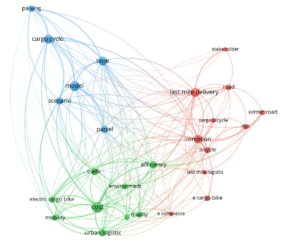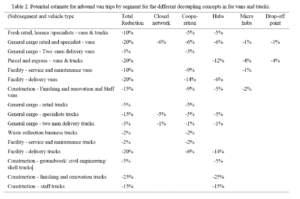Ulez: fewer dirty cars in London. But the health impact is unclear

The Guardian reports, ‘Ulez expansion led to a significant drop in air pollutants in London, report finds.’ That’s an interesting quote. According to the City of London, the change is equivalent to removing 200,000 cars yearly. That sounds like good news. Nine million people live in the area now covered by Ulez. Will they now …



